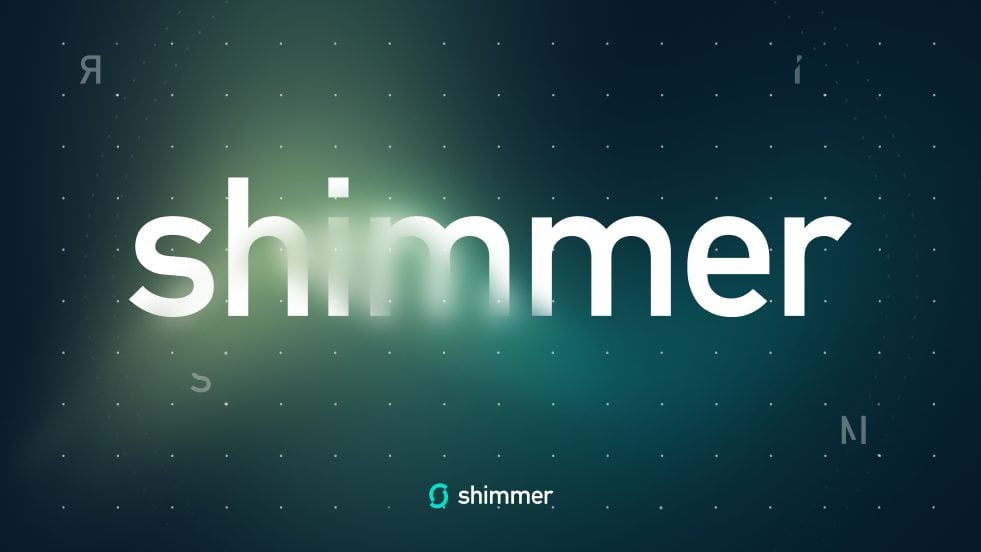- IOTA shimmer EVM will compete directly with other industry peers such as Binance Smart Chain and Arbitrum in the DeFi space.
- Analyzing the security, accessibility, and integration aspects, Shimmer’s innovative validation process and decentralized governance stand out.
The IOTA Foundation unveiled its Layer-1 staging network Shimmer last year in September 2022. Shimmer is a fee-free, parallelized DAG ledger designed to safeguard and establish fully customizable smart contract chains. IOTA introduced it as a testing network to rigorously assess all forthcoming advancements for the IOTA protocol. The native token of the shimmer network is SMR.
The IOTA developers have been working on Shimmer Ethereum Virtual Machine (EVM) with its testnet version already live in the market. The ShimmerEVM testnet chain represents the inaugural EVM-compatible smart contract chain within the Shimmer network. This chain facilitates scalable, rapid, secure, and parallel handling of smart contracts.
With ShimmerEVM back in the market, it will be interesting to see whether it can compete with peer alt-chains in the market. In order to understand this, it is crucial to know how would Shimmer EVM fare across three major verticals of security, accessibility, and integrations.
Currently, Ethereum, Binancesmart Chain, Tron, and Arbitrum cater to 85% of the total value locked in the industry. Let’s see how each of these platform fare across these three verticals.
1. Security
Arbitrum exhibits strong performance in this aspect, utilizing Ethereum’s robust validator network and employing zk-rollup technology for secure communication between the two. Ethereum’s proven history adds credibility to its security claims.
Yet, Arbitrum does have a security vulnerability, its DAO. The Arbitrum DAO faced criticism over its initial proposal that self-allocated tokens, disregarding its own vote outcome. Such actions raise concerns about decentralization in a project.
On the other hand, BSC employs a ‘Proof of Authority’ system for security. Validators need to meet specific criteria and undergo an election based on BNB delegated to them. This protects them against malicious validators. However, Binance holds 71% of total BNB, effectively controlling validators. Given Binance’s legal issues, trust is questioned.
Shimmer stands apart from Arbitrum and BSC. Shimmer EVM functions as a platform for others to build chains, with validators chosen by chain creators. This introduces variability in security. Shimmer’s validation process presents risks, not stress-tested in the open market.
Shimmer boasts a fairly decentralized DAO. SMR voting tokens were airdropped to IOTA stakers, aligning with committed chain development. However, a third of tokens are concentrated in 26 addresses, potentially limiting governance influence. Still, this surpasses BNB’s lack of DAO. Shimmer’s live governance respects community votes, unlike Arbitrum’s Foundation overruling.
2. Accessibility
Crypto News Flash does not endorse and is not responsible for or liable for any content, accuracy, quality, advertising, products, or other materials on this page. Readers should do their own research before taking any actions related to cryptocurrencies. Crypto News Flash is not responsible, directly or indirectly, for any damage or loss caused or alleged to be caused by or in connection with the use of or reliance on any content, goods, or services mentioned.
Credit: Source link
































